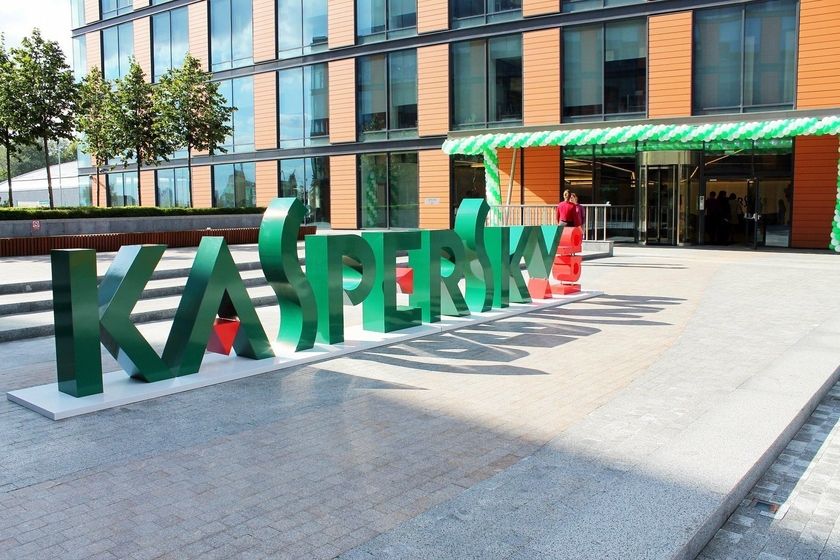U.S. to Ban Kaspersky Antivirus Software Over Security Concerns

The Biden administration is taking a risk by banning the US distribution of Kaspersky Lab's antivirus program.
Given the ongoing tensions in Ukraine, Kaspersky's alleged ties to the Russian government are the primary reason for concern. These ties have caused worry about the possibility of cyberattacks.
But Kaspersky Lab is no stranger to controversy. Rumors regarding its connections to Russian intelligence have persisted for years.
The U.S. government fears that the software’s access to computer systems could be misused for data theft, installing malware, or withholding crucial updates.
The administration plans to flex some muscles with powers that date back to the Trump era, by putting Kaspersky on a trade restriction list to prevent U.S. companies from doing business with them.
By banning both the sale of the software and restricting trade, the U.S. aims to limit Kaspersky’s use both domestically and internationally.
The rollout of these restrictions will happen in stages. Starting 30 days after the official announcement, sales of Kaspersky’s software will stop. By September 29, all related updates, resales, and licensing agreements will also be halted. This gives businesses a 100-day window to find alternative cybersecurity solutions.
The impact on Kaspersky could be significant, especially if the Commerce Department also targets its international branches that rely on U.S. technology. This might interfere with their supply chain and make it more difficult for Kaspersky to run efficiently.
This move is part of a broader U.S. strategy to tackle cybersecurity threats from nations like Russia and China.
Kaspersky has always denied misconduct, insisting it operates independently of the Russian government. But this ban is expected to hit the company hard.
If you liked this story, please follow us and subscribe to our free daily newsletter.
